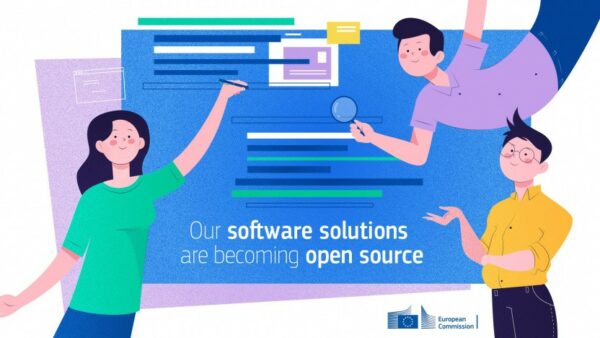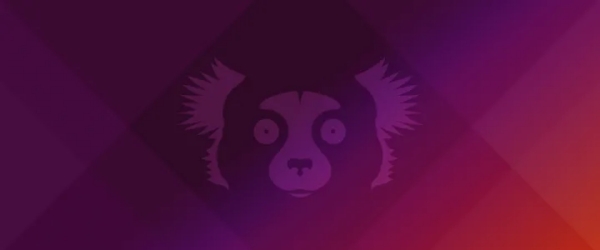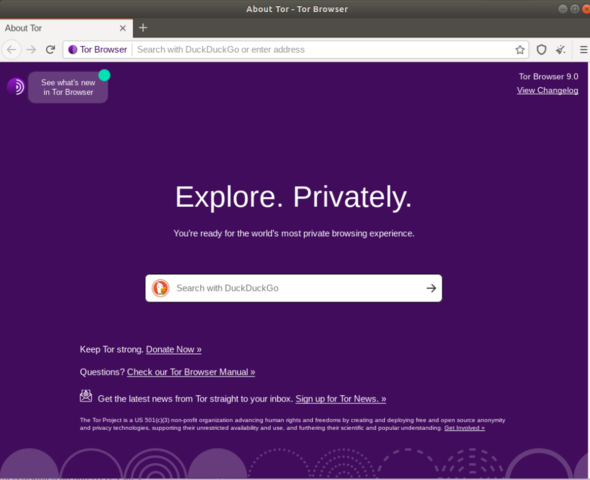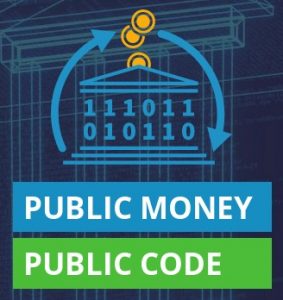EU Commission wants to release its software as open source
The European Commission announced today that it has adopted new rules on Open Source Software that will enable its software solutions to be publicly accessible whenever there are potential benefits for citizens, companies or other public services.

The Commission’s recent studyon the impact of Open Source Software and Hardware on technological independence, competitiveness and innovation in the EU economy revealed that on average, investment in open source results in four times higher returns. The Commission services will be able to publish the software source code they own in much shorter time and with less paperwork.
One example of the benefits of releasing software as open source is eSignature, a set of free standards, tools and services that help both public and private sector organisations accelerate the creation and verification of electronic signatures that are legally valid in all EU Member States.
A second example is LEOS, (Legislation Editing Open Software), the software used across the Commission to draft legal texts. Originally written for the Commission, LEOS is now being developed in close collaboration with Germany, Spain and Greece.
Single repository
The Commission will make its software available as open source in one single repository to enable access and reuse. Before its release, each software package will be checked to avoid security or confidentiality-related risks, data protection problems or infringement of third party intellectual property rights.
The Commission already shares hundreds of software projects as open source, including software developed for the Connecting Europe Facility, Eurostat, the Interoperable Europe Programme (Interoperability solutions for public administrations, businesses and citizens programme, the former ISA² programme), and for the Joint Research Centre.
Commenting on the announcement, the EU’s Commissioner for Budget and Administration, Johannes Hahn, said:
Open source offers great advantages in a domain where the EU can have a leading role. The new rules will increase transparency and help the Commission, as well as citizens, companies and public services across Europe, benefit from open source software development. Pooling of efforts to improve the software and the co-creation of new features lowers costs for the society, as we also benefit from the improvements made by other developers. This can also enhance security as external and independent specialists check software for bugs and security flaws.

 This year’s LibreOffice Conference will open at noon CEST on 23rd September and will conclude at 5:30p.m. CEST on 25th September.
This year’s LibreOffice Conference will open at noon CEST on 23rd September and will conclude at 5:30p.m. CEST on 25th September. Your ‘umble scribe has been using
Your ‘umble scribe has been using  Way back in 2001, the prescient souls who established the Free Software Foundation Europe foresaw that people should be in control of technology and not vice versa.
Way back in 2001, the prescient souls who established the Free Software Foundation Europe foresaw that people should be in control of technology and not vice versa.

 The Baltic Republic of Estonia has clearly taken note of the Free Software Foundation Europe’s
The Baltic Republic of Estonia has clearly taken note of the Free Software Foundation Europe’s